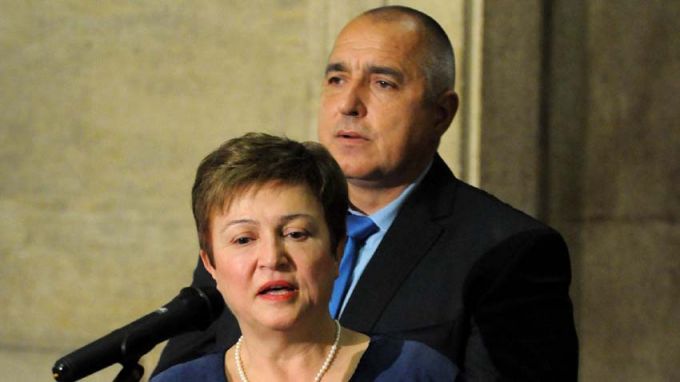
After the long-lasting political crisis and 5 different governments for a period of 2 years, all investment opportunities for Bulgaria are now welcome. While waiting for the EU to unfreeze funds under the current programming period of 2007-2013, the new plan for investments of the EC provides some light in the tunnel of the second cabinet of Borissov. The plan of EC head Jean-Claude Juncker envisages the creation of a European Fund for strategic investments, selection of projects and a road map to turn Europe into a more attractive place for investments. The Juncker Plan totals 315 billion euro and will start next year as the projects from the 28 EU member States must be submitted by June 2015. This is a 3-year fund that is expected to make EU GDP rise by 330 to 440 billion euro and create 1.3 million new jobs in Europe. It is especially important for countries like Bulgaria that badly need investments to assess the opportunities for participation and use it, said European Commissioner for the Budget and Human Resources Kristalina Georgieva after a meeting with Prime Minister Boyko Borissov in Sofia.
What are the priorities of the Juncker Plan and what are the spheres in which Bulgaria could benefit from it? Here is what Commissioner Georgieva told Radio Bulgaria in an interview.
“The main role of these 315 billion euros is providing guarantees. This way the risk for investors is reduced and money now ‘sleeping’ in the banks will be used by investors. In order for this to happen, well-prepared projects are needed. The government vowed to invest 1 billion euro in energy efficiency of buildings, which would reduce households’ expenses for electricity and raise the price of their property. A project like this can apply for financing from the fund. It has four main priorities: infrastructure, creation of digital market, energy, innovation. The investment fund will be divided into two parts. One is for large projects, and the other is designed for small and medium enterprises. In order for Bulgaria to apply, it must do two things: first, it must decide what its projects will be. Second, it should engage with the Bulgarian private sector and banks, so that they find out how they could benefit from these guarantees. In Europe we have no problem with the lack of money. The financial system has great liquidity, but there is no confidence that investments can be made without great risk for investors. That is why the European Central Bank uses negative interest rate for most of deposits. This is a problem we want to solve.”
The investment plan of the EC will be discussed at the upcoming EU Council on December 18-19 in Brussels, as well as the European Parliament. According to Prime Minister Boyko Borissov, however, investments would come to Bulgaria, when we managed to show the world we are a stable country. For this purpose he has started a series of meetings with a number of commissioners, including EC head Jean-Claude Juncker, the EU head Donald Tusk and President of the European Parliament Martin Schulz.
English: Alexander Markov
Albania and Montenegro mark progress in European integration in 2024 EU leaders met on December 18 with their counterparts from the Western Balkans. European Commission President Ursula von der Leyen called for finding..
Caretaker Minister of Foreign Affairs Ivan Kondov participated in the regular meeting of the EU Foreign Affairs Council in Brussels, BTA reports. This was the first meeting chaired by the new EU High Representative for Foreign Affairs and Security..
The former finance minister from GERB, Vladislav Goranov, told the Bulgarian National Radio that there are signals indicating that a government could be formed. ''We should make every effort to form a regular cabinet - not only because of the state of..

+359 2 9336 661
